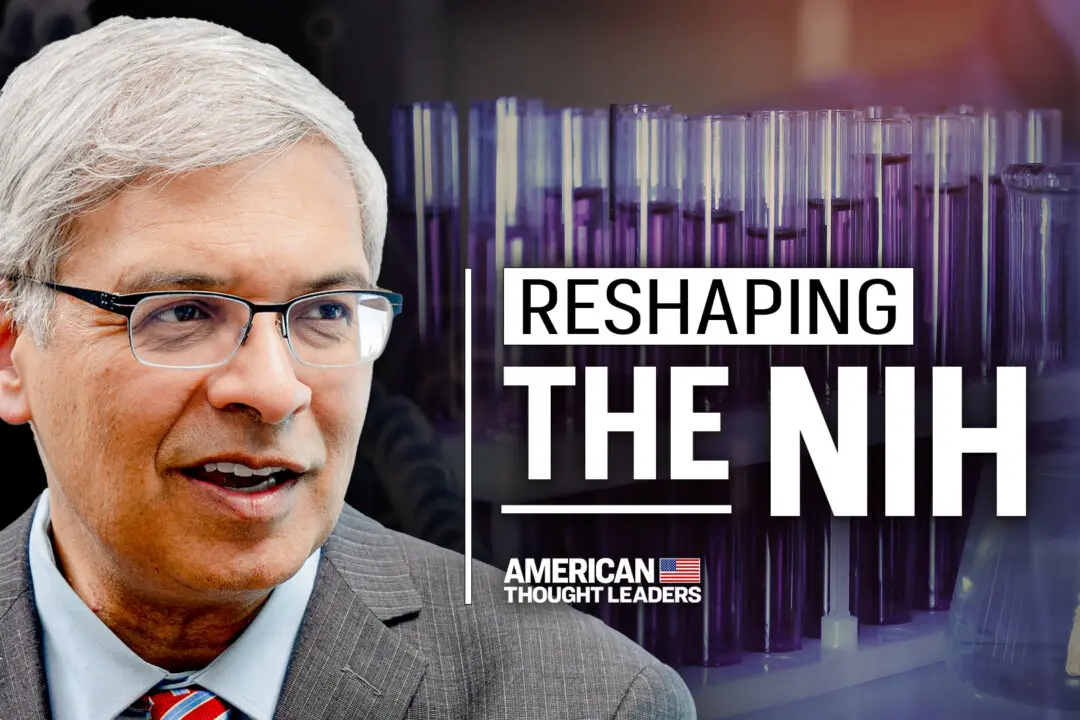“It was insane,” Sen. Ron Johnson (R-Wis.) says. “Of our response to COVID I would say that’s probably the best word to sum it up: insane—a miserable failure.”
In a recent episode of “American Thought Leaders,” host Jan Jekielek spoke with Johnson, who is a member of the Senate committees on the budget, finance, and homeland security and governmental affairs. They discussed the global push for mass vaccination and the concerted effort to suppress early treatment.






